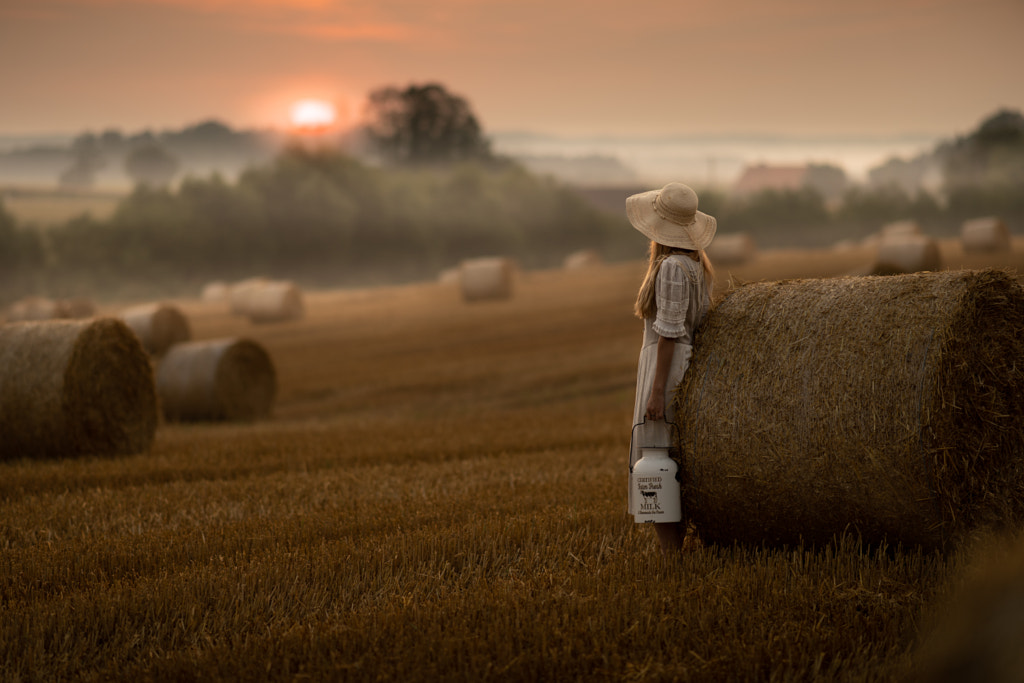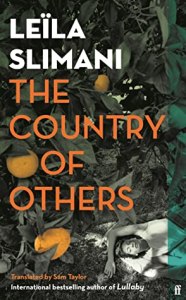Dostoevsky And The True Crime Craze In 1860s Russia
How the pulp nonfiction devoured by the public during Tsar Alexander II's reign led to Crime and Punishment — and how Dostoevsky used the hunger for true crime stories to get his political message into the public's hands. - The New Republic
WORDS
The Best Books Of The Past Dostoevsky And The True Crime Craze In 1860s Russia 125 Years? The NYT Book Review Asked Readers…
In November, we presented a list of the 25 most-nominated books (one per author) for a vote. After tallying more than 200,000 ballots, the winner, by a narrow margin, is... - The New York Times
The Original Novel “Bambi” Was No Cloying Tale For The Kiddies
"Far from being a children's story, Bambi was actually a parable about the inhumane treatment and dangerous precariousness of Jews and other minorities in what was then an increasingly fascist world, the new translation will show." - The Observer (UK)
The World Has A Plan To Try To Save Indigenous Languages. Not The US
The U.S. has an incredibly rich heritage of Indigenous languages ranging from Anishinaabe to Cherokee, Navajo to Tewa. But they are almost all endangered, in part because the U.S. spent two hundred years and $2.81 billion trying to destroy them. - The Hill
In The 80s Booksellers Took Over A Belgian Town. Now The Tourists Have Left…
A band of booksellers moved into the empty barns and transformed the place into a literary lodestone. The village of about 400 became home to more than two dozen bookstores — more shops than cows, its boosters liked to say — and thousands of tourists thronged the winsome streets. - Washington Post
All The Books That Won Big Prizes This Year
From the Pulitzer to the Booker, the Nebula to the Edgar, here are the winners of the biggest book prizes of 2021. - Bookmarks
Why Our Ideological Fights Descend Into Fights About What Words Mean
The well-rehearsed rhetorical drama over this kind of conceptual terminology is only one of the ways in which arguments over definitions and usage have risen to prominence and in some cases become almost synonymous with the desire for social change in recent years. - The Point
Conservatives Trying To Ban Certain Books From Schools Forget About The Streisand Effect
In Virginia, Texas, Pennsylvania, and elsewhere, whether the topic is race, sexuality, history, or something else, grownups trying to keep particular books from teens end up reminding the teens that those books exist and can be obtained from booksellers. - The Guardian
I Think, Therefore I Have Language
So how does language and thought relate, then? And what is “thought”, anyway? Perhaps one way of answering both questions is to determine whether any of the representations language provides – syntactic, phonological, semantic, etc. – are suitable for the “fixation of belief.” - 3 Quarks Daily
Schadenfreude For The Holidays: The Meanest Book Reviews Of 2021
"Among the titles being cast into the maw of the volcano this year: Blake Bailey's oozing hagiography of Philip Roth, Mitch Albom's latest cavity-inducing parable, Andrew Sullivan's overfull toilet of essays" (fed to the merciless Dale Peck) "and Malcolm Gladwell's smug apologia for American butchery." - Book Marks
Was Don Quixote (And Was Cervantes) Nostalgic For Muslim Spain?
"Cervantes knew that after the terrible, dogmatic reality in which he lived, there would be imagination. But" — having spent years in Algiers — "the power, beauty, humor, and eloquence of Islamic Spain wasn't something he had to imagine." - Public Books
Confessions Of A Crossword Puzzle Constructor
What makes for a good word, in the eyes of a crossword-puzzle constructor? The language of aesthetic judgment is gustatory—one has good taste or feels something in one’s gut—but crosswords are meant to transcend physical sensations. - The New Yorker
How Do You Reconcile Being A Writer With Having A Career?
There is a contradiction here of both scorning a system that’s shallow and rigged, and also feeling bitter about not being able to succeed within such a system in order to get our remuneration. - The Point
The Most Adapted Of All Modern Ghost Stories (Excepting “A Christmas Carol”)
Henry James's The Turn of the Screw (1898) has inspired many a movie and television adaptation as well as a major opera. Adam Scovell looks at the novella's enduring appeal for adapters. - Literary Hub
Do Great Books Courses Make Us Better?
John McWhorter: "To simply know that the kinds of questions Rousseau stimulates are, indeed, questions makes you a better person in the sheer sense of understanding the complexity of the real world, something that escapes ideologues of all kinds." - The New York Times



